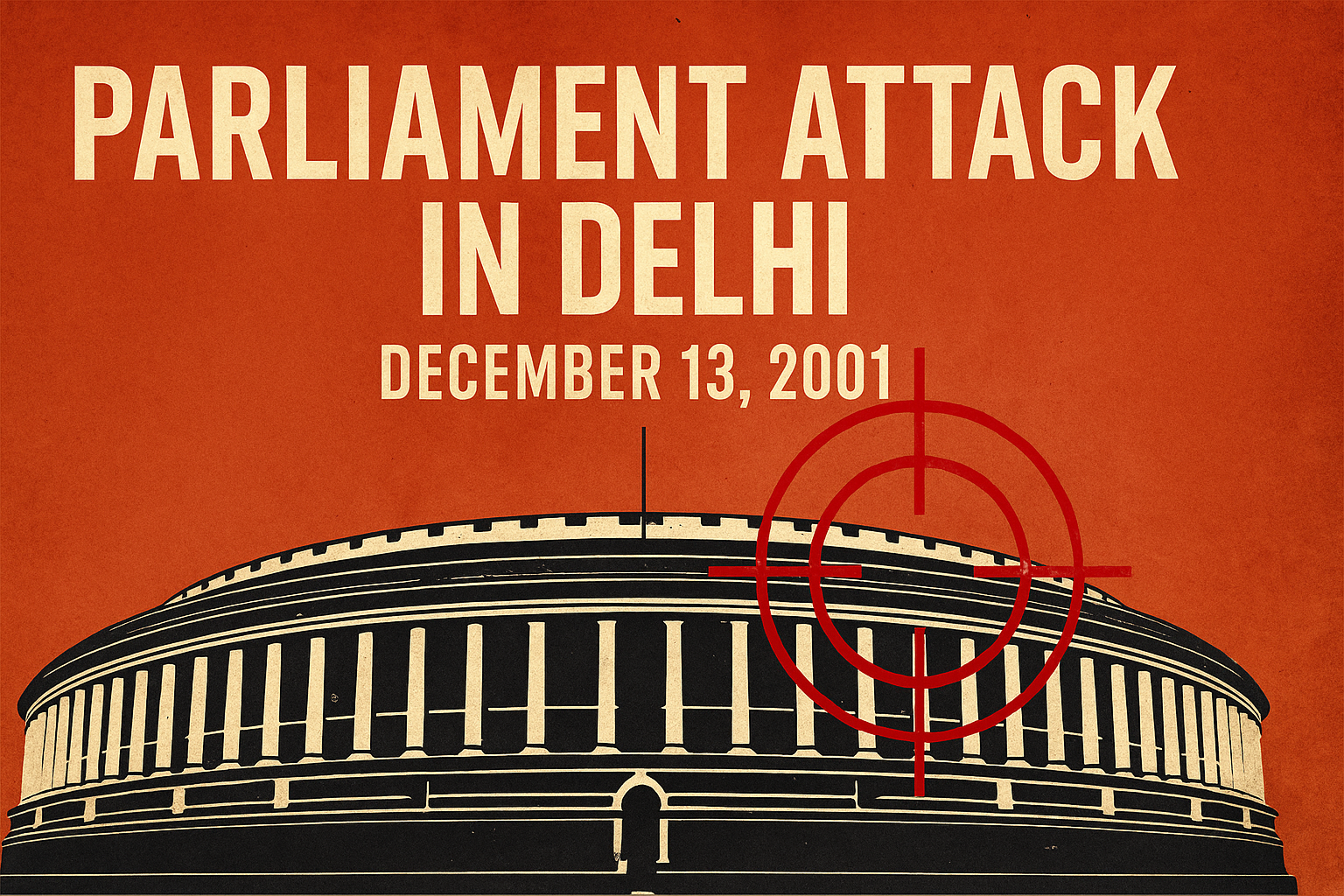One Nation, One Time, India's Move Towards Unified Standard Time Explained
India is on the verge of making a critical decision with the government's intended implementation of the "One Country, One Time" campaign. This kind of work promotes the use of Indian Standard Time (IST) on all official and commercial platforms.
What is the "One Country, One Time" Initiative?
In practical terms, the government must ensure that the whole country operates in the same time zone One Nation, One Time - Indian Standard Time (IST), which is GMT+5:30. Though IST has long been recognized as the country’s official time, there have been abnormalities in its determination over differing divisions and locale. This unused approach focuses to apportion with those inconsistencies.
Why Is This Move Significant?
India is colossal, both geographically and socially. Assorted locale regularly coordinate casually on time zones that way better fit their nearby needs, especially in northern states where sunshine hours contrast altogether from those in the western parts of the country.
By requesting a settled time, the government anticipates to:
Improve Coordination: A single time standard will unwind coordination among distinctive states and sectors.
Boost Adequacy: With all government workplaces and ventures working on the same time, decision-making and operations show up to be speedier.
Global Synchronization: Completely actualizing IST fortifies India's interest with worldwide undertakings that presently work on standardized time zones.
The History of IST: A Quick Recap
IST was built up in the midst of British run the appear in 1947 as a compromise between the Kolkata and Mumbai time zones. Though it has been the official time for the country ever since, its determination has a few of the time been scrappy. States in the northeast have routinely talked almost the require for a separated time zone to way way better alter with daylight hours.
Challenges of Realizing One Country, One Time.
Of course, each clearance alteration presents impediments, and this development is no exception.
1. Territorial disparities.
The northeast encounters to begin with light and sunset distant prior than the rest of India. Obliging to a single time standard may disturb community arranging, outstandingly in development and education.
2. Creative Adjustments
Government and corporate frameworks that depend on customized time zones may require noteworthy alterations to comply with IST.
3. Open Awareness
Making individuals mindful of the require and preferences of a common time standard will be basic to guaranteeing broad support.
Benefits of a Bound together Standard Time
Despite the challenges, there are several significant benefits to adopting the "One Nation, One Time" approach:
1. Streamlined Trade Operations
Companies working in different states will no longer have to alter plans based on territorial time groupings. This is especially profitable for businesses like coordinations and flying.
2. Advanced Government Efficiency
A single time standard suggests synchronized work hours for government working environments over the country, reducing delays and advancing decision-making.
3. Progressed Communication Over Time Zones
With a clear, bound together time standard, around the world communication gets to be easier, diminishing mistakes and moving forward collaboration with around the world partners.

What Changes Can Citizens Expect?
For most of us, day-to-day life won’t modify certainly. In any case, there are a few ranges where you might take note a difference:
Work and School Schedules
Organizations and schools may require to change start and conclusion times, especially in districts that as of presently take after casual neighborhood time zones.
Media and Broadcasting
News, tv shows up, and live events will take after a uniform arrange, slaughtering perplexity over programming times.
Travel and Transportation
Train and flight plans will be standardized over the country, making it less requesting to organize and organize travel.
How will this affect businesses?
Businesses, particularly those with national or global operations, are likely to have beneficial outcomes of One Nation, One Time:
Better Collaboration: Groups operating over unmistakable states will have improved communication and collaboration.
Operational Adequacy: Streamlined operations with fewer scheduling conflicts.
Global Compatibility: Working with clients and partners from all around the world is made easier by using a consistent time zone.
Addressing Concerns of the Northeast
One of the most noteworthy concerns is how this course of action will impact northeastern states, where day break and sunset timings differentiate through and through from the rest of India.
To address this, the government is considering the taking after measures:
Flexible Work Hours: Allowing adjacent masters to set work hours that way way better alter with daylight.
Awareness Campaigns: Instructing the open around the benefits of a bound together time standard.
Technological Courses of action: Leveraging development to mechanize time-sensitive operations.
Global Outlines of Bound together Time Standards
Many countries have successfully actualized a single time standard in show disdain toward of topographical challenges.
China
Despite navigating five geological time zones, China takes after a single time zone (Beijing Time). Though it has its faultfinders, the system has by and large worked for the country.
Russia
Russia, which ranges 11 time zones, as of now diminished the number of official time zones to unravel operations.
Public Supposition and Reactions
The statement of the "One Nation, One Time" approach has begun varying reactions:
Supporters: Various exchange pioneers and tech masters have commended the move for its potential to boost adequacy and around the world compatibility.
Critics: A few regional pioneers and social activists have raised concerns roughly its influence on neighborhood plans and social practices.
What’s Next?
The government is expected to roll out the course of action in stages, starting with open mindfulness campaigns and mechanical upgrades.
Read More News: latest current affairs news 2024
Conclusion
- One Nation, One Time, India's transition to a common standard time is a significant step in ensuring viability, synchronization, and global compatibility. Despite the hurdles, the long-term benefits for enterprises, government operations, and individuals are obvious. As the course of action unfolds, it is critical to keep informed and adapt to the changes.
Other Popular News Post:
Kailash Mansarovar Yatra 2025 | RRB Recruitment 2025 | Planetary Alignment|
Mumbai-Ahmedabad High-Speed Bullet train | Calicut University | share market today
Explore other popular Posts:
Blog | News | Entertainment | Education | Sports |
Technology | Cryptocurrency | Stock | Home | Sitemap





